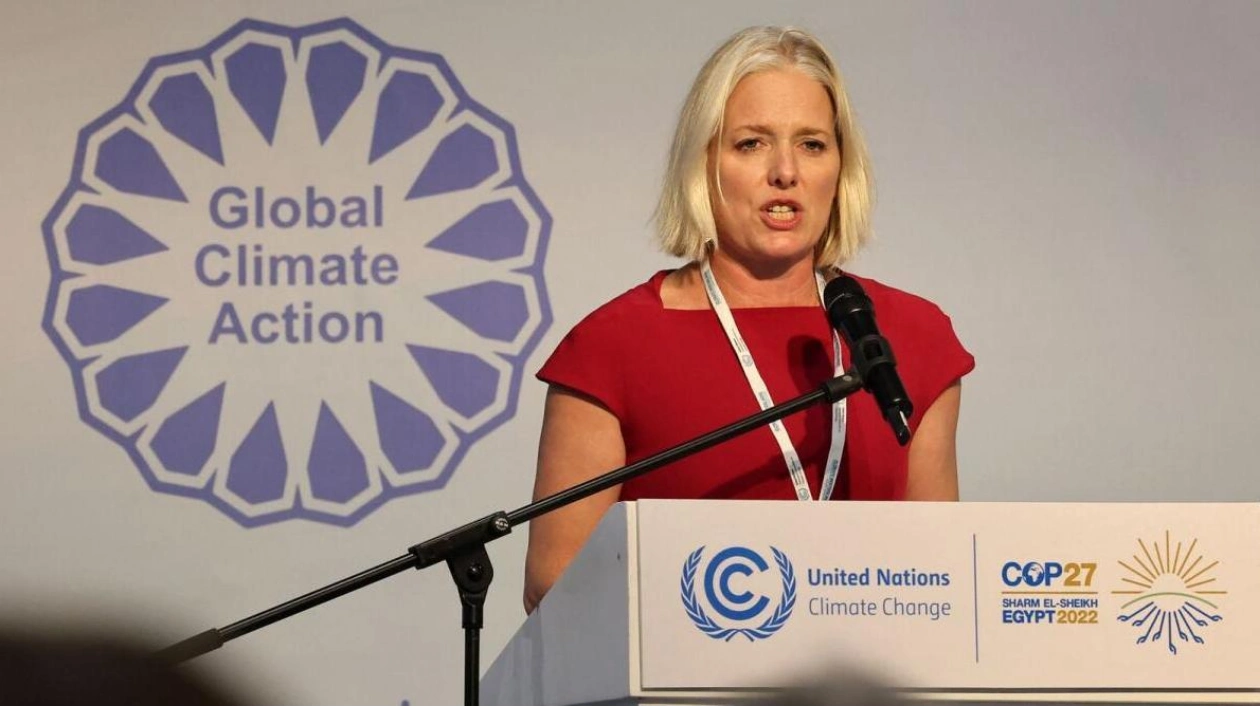As more nations, corporations, and cities commit to net-zero targets, a study released on Monday highlights that many of these pledges to reduce carbon emissions lack genuine substance.
Net Zero Tracker, a collaborative research initiative involving four organizations, annually scrutinizes the climate commitments of over 4,000 governments, states, cities, and major corporations. The study reveals that nearly 60% of the approximately 2,000 companies under its monitoring have pledged to eradicate their carbon footprints, marking a 23% increase since its previous assessment in 2023. Notably, there has been a 'significant rise' in net-zero objectives adopted by companies in Asia.
Globally, 148 countries have now set net-zero goals, with Azerbaijan—host of this year's UN climate negotiations in November—being a conspicuous exception. Additionally, a growing number of state governments and cities have established their own targets, with 28% and 8% more respectively compared to the previous year.
However, the report underscores that fewer than 5% of entities across companies, states, and regions, and cities meet the minimum criteria required, which includes detailing how goals will be achieved, setting interim targets, and encompassing all greenhouse gas emissions—not just CO2—to validate the credibility of these pledges.
Although the number of companies with no plans to reduce emissions has 'reduced substantially', nearly half of the world's largest 100 private firms have opted not to set climate targets. 'Progress has been made, but we need much more,' stated Catherine McKenna, chair of the UN high-level expert group on net-zero commitments. 'We have to be more ambitious.'
The Paris Agreement aims to limit global warming to 1.5 degrees Celsius above late 19th-century levels, a period when the burning of fossil fuels began to significantly warm the planet. To have any chance of achieving this goal and averting the worst impacts of climate change, scientists concur that global emissions must be nearly halved by 2030 and reach net zero around mid-century. Any residual carbon pollution must be removed, for instance, by capturing CO2 from the atmosphere.






